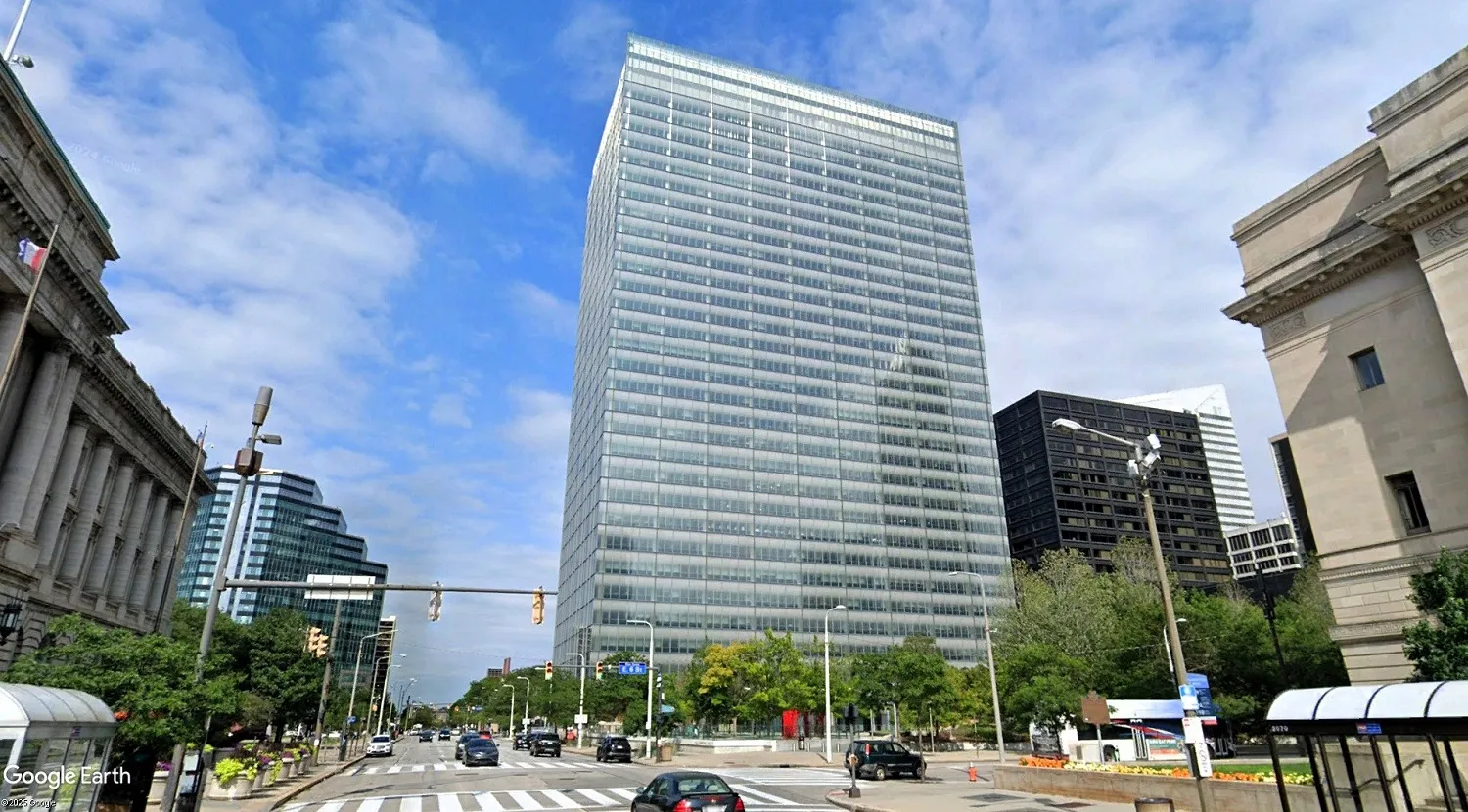In the very heart of Cleveland, where the federal building Anthony J. Celebrezze soars, a drama unfolds that could change the city's economic and social landscape. Congresswoman Chantal Brown, representative of Ohio's 11th district, has launched a resolute campaign against the Trump administration’s plan to dispossess this landmark building, located on East 9th Street. In her passionate letter to the General Services Administration (GSA), she demands transparency and answers, asserting that a hasty sale of the building could deal a devastating blow to the local economy, public services, and community trust.
The Celebrezze building, constructed in the 1960s, is not just an architectural monument but also a hub of activity for thousands of federal employees from agencies such as the IRS, the Veterans Benefits Administration, and the Defense Finance and Accounting Service. Its recently renovated facade, costing $120 million, contrasts with internal issues, including outdated plumbing, which could cost tens of millions more to repair. However, the decision to sell the building under the "accelerated disposition" process has sparked anger from Brown and local leaders, who see it as a threat to Cleveland’s stability.
"This plan is an unprofitable deal for Cleveland," Brown stated in a letter obtained by The New York Times from sources within Congress. "It jeopardizes citizens’ access to public services, the economic health of our district, and the welfare of federal workers." She questions the GSA’s assertion that selling the building and leasing a new space elsewhere will save $149 million. "Without full transparency, how can we trust their figures?" Brown asks. "Cleveland residents deserve the truth."
Brown has issued a series of clear demands to the GSA, including a detailed 30-year net present value analysis comparing the costs of maintaining the building versus the financial implications of its sale, and an appraisal of the property considering its historical and social significance. She also calls for disclosure of all documents related to potential buyers and their connections to federal officials, hinting at possible backroom deals that could conflict with community interests.
Local officials share Brown's concerns. They say that selling the building could disrupt the work of thousands of employees and weaken economic activity in downtown Cleveland. "This is not just a building," said one city official who wished to remain anonymous due to the sensitivity of the issue. "It’s a cornerstone holding jobs and services in our city." Some community leaders have even expressed hope that the building could be repurposed for public needs, such as supporting programs for the homeless, instead of being sold to private investors.
The Trump administration’s plan to sell the building within three years raises further questions. Critics, including Brown, argue that tight timelines could lead to rushed decisions that overlook the city’s long-term interests. "If the GSA truly believes in its valuation, why are they avoiding public disclosure of the data?" Brown asked reporters. "Taxpayers have the right to know if this sale is skimming profits for someone’s pocket at their expense."
This controversy is part of a broader trend where the federal government seeks to cut costs through asset sales, often at the expense of local communities. In Cleveland, where economic revival remains fragile, losing an asset like the Celebrezze building could set back the city’s progress by years. Until the GSA responds to Brown’s demands, tensions in Cleveland will only escalate, and the future of the building will remain uncertain.



